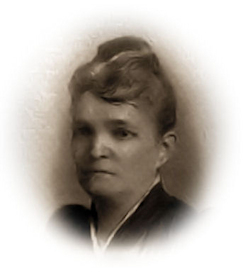Tuesday, July 15, 1862.—Sunday night about ten we reached the place where, according to our map, Steele’s Bayou comes nearest to the Mississippi, and where the landing should be, but when we climbed the steep bank there was no sign, of habitation. Max walked off into the woods on a search, and was gone so long we feared he had lost his way. He could find no road. H. suggested shouting and both began. At last a distant halloo replied, and by cries the answerer was guided to us. A negro said “Who are you? What do you want?” “Travelers seeking shelter for the night.” He came forward and said that was the right place, his master kept the landing, and he would watch the boat for five dollars. He showed the road, and said his master’s house was one mile off and another house two miles. We mistook and went to the one two miles off. There a legion of dogs rushed at us, and several great, tall, black fellows surrounded us till the master was roused. He put his head through the window and said,—”I’ll let nobody in. The Yankees have been here and took twenty-five of my negroes to work on their fortifications, and I’ve no beds nor anything for anybody.” At 1 o’clock we reached Mr. Fetler’s, who was pleasant, and said we should have the best he had. The bed into whose grateful softness I sank was piled with mattresses to within two or three feet of the ceiling, and, with no step-ladder, getting in and out was a problem. This morning we noticed the high-water mark, four feet above the lower floor. Mrs. Fetler said they had lived up-stairs several weeks.
Note: To protect Mrs. Miller’s job as a teacher in post-civil war New Orleans, her diary was published anonymously, edited by G. W. Cable, names were changed and initials were generally used instead of full names—and even the initials differed from the real person’s initials. (Read Dora Richards Miller’s biographical sketch.)
